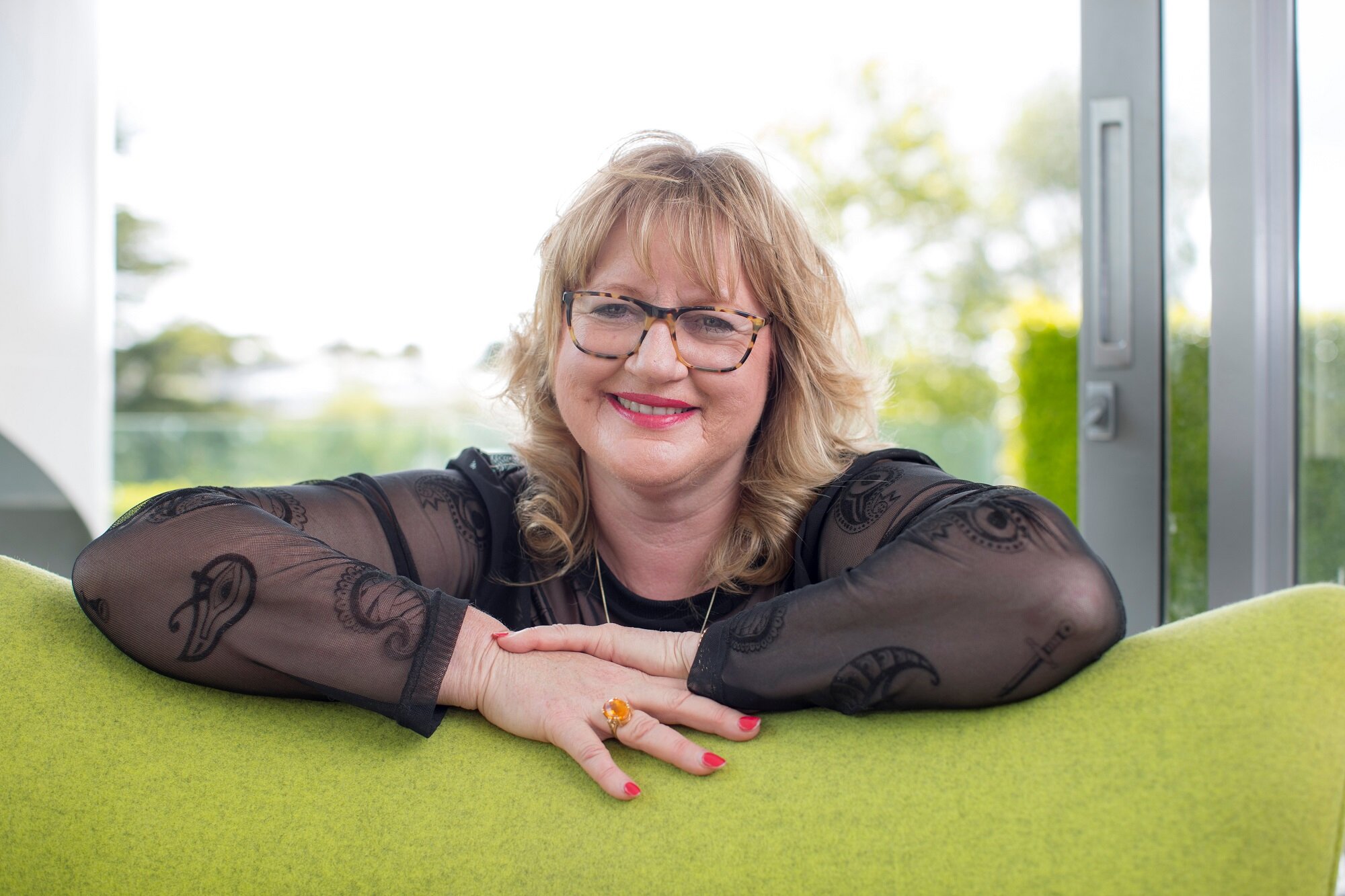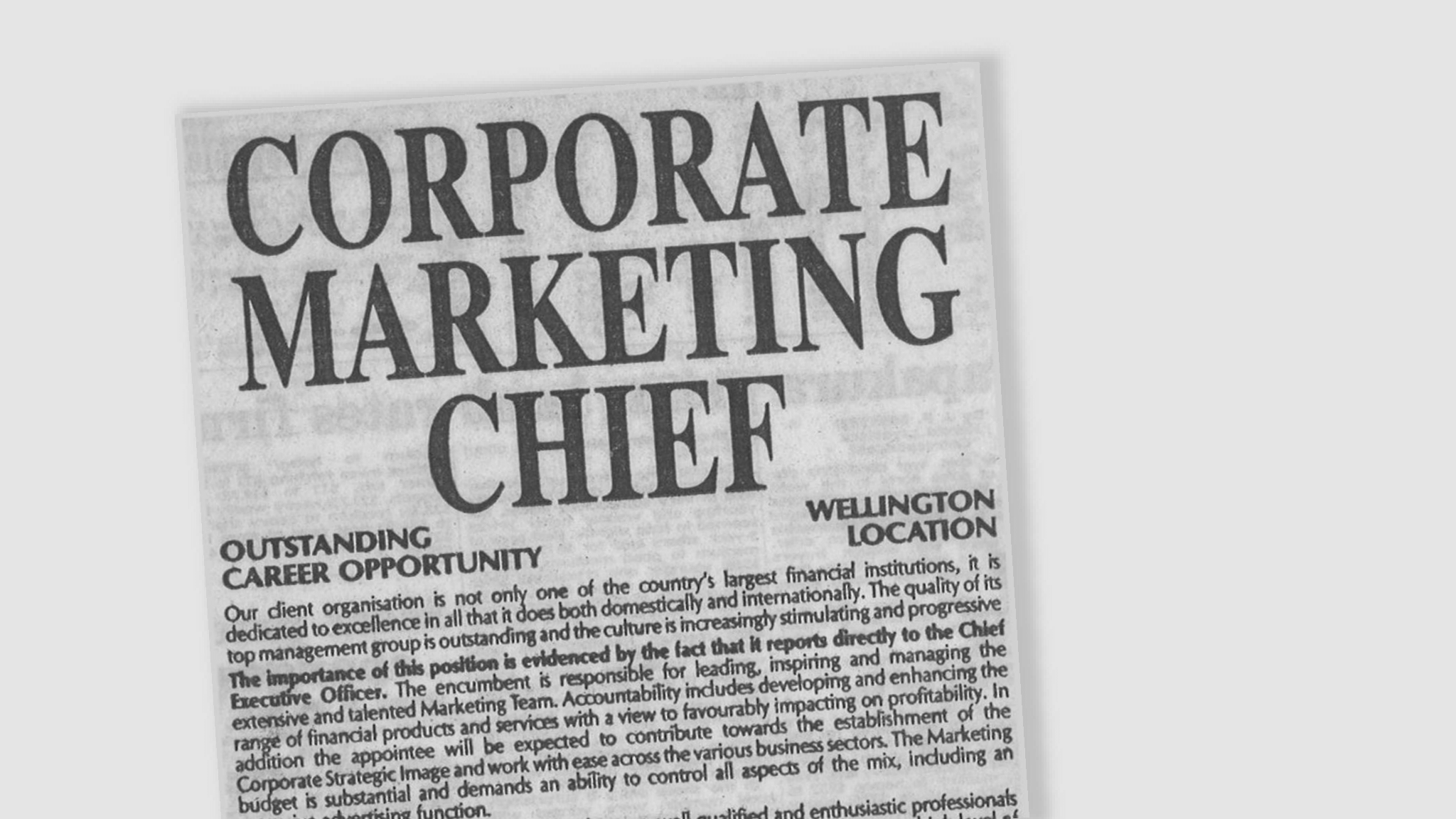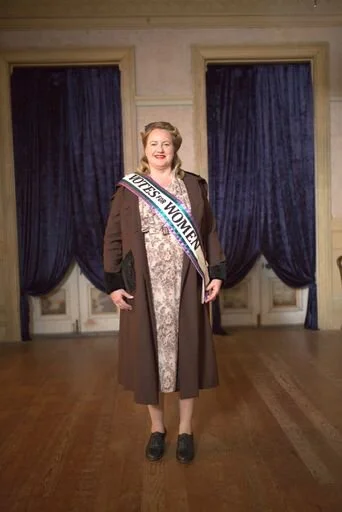
About me
I’ve a rich interest in the world and feel called to contribute in many areas. But my particular passion is to make a profound difference to the lives of women and girls in New Zealand and around the world.
Here’s how I found my purpose, and the lessons I learned along the way.
New beginnings
and determination
My parents, Marion and John, came to New Zealand in 1961. They paid £10, got passage by ship, and signed an agreement saying that they’d stay in New Zealand for at least two years. 50 years later, they’re still happily here.
They adopted the Kiwi have a go mentality, and got stuck into new things, setting up businesses and becoming entrepreneurs in a small way. So, I grew up business savvy.
My sisters and I were told that women can be anything they want to be when provided with equal opportunities. To this day I firmly believe that. Our parents encouraged all of us to strive. They told us it was possible to achieve anything we wanted in life if we worked hard enough and had determination
An insatiable curiosity
From a young age, I was clear that I was going to go to university. My parents valued education very highly. After school in Rotorua, I did a Bachelor of Management Studies with a double major in economics and marketing at the University of Waikato.
One of my personal characteristics is being very curious about lots of things.
Between fifth and seventh form at school I studied almost all the entire range of subjects possible. And while doing Management Studies I managed to include Japanese and Women’s Studies papers. This would still be pretty unusual today, but it was unheard of 35 years ago.
Not necessarily
fitting in
Although I enjoyed management school, I never really felt like I fitted in. I was always too flamboyant and opinionated.
Being a businessperson and being a feminist is cool now, but it definitely wasn’t cool then. So, early on I learned that sometimes to be true to yourself, you don’t fit in. You have to decide, are you going to be popular, or are you going to be true to yourself and be respected?
Starting out in the
corporate world
When I moved to do my law degree in Wellington, I applied for a job at TVNZ. I planned to work part-time and study but found myself enrolled as a full-time student and working full-time at TVNZ. I enjoyed TVNZ enormously and 15 months in I was promoted to leading a team.
After a few years at TVNZ I wanted to do something which combined my law and business degrees. I decided to get into merchant banking, but got the clear message that women didn’t fit in.
Still keen to get a foothold in the financial services industry, because I saw it as the logical place to combine my business and law qualifications, I applied for the job of marketing research manager at National Mutual (now Axa) and was promoted to marketing manager.
Positional power vs.
personal power
At National Mutual, I learned first-hand about the importance of personal power – the strength of passion, persuasion, and being myself in a business situation.
I learnt that positional power only takes you so far. Sometimes, as a woman, you need to use positional power if you’ve got it, but personal power is way more important.
In 1990 I became chief manager of marketing at the Bank of New Zealand. My time at BNZ with Lindsay Pyne as CEO was a terrific learning curve. His passions were building the brand and developing people capabilities and I learned a great deal in both those areas.
Serendipity and
steep hills
My career at Telecom started as a result of an altercation with one of Wellington’s hills. I flagged down a passing motorist to help, and my saviour turned out to be Tom Potrykus, then general manager of marketing at Telecom. He was soon to go home to America, and I decided to apply for his job.
After 18 months as general manager of marketing, I became the group general manager of services reporting directly to CEO Roderick Deane (now Sir Roderick). With 3,500 staff, I was responsible for revenues of over $3 billion, all sales as well as marketing, and core services like call centres and retail outlets.
The only thing that mattered in big publicly listed companies was the bottom line. Executives either made their budget numbers or were swiftly exited. If you took a role as a senior executive in those companies, those were the rules you played by. And I desperately wanted to make it to the very top.
Heading the biggest listed company in New Zealand
When I was at business school, I read a book by Dr Helen Place on women in management. It highlighted the lack of women in senior roles in New Zealand. I loved business and I said to myself, “I’m going to run a large company by the time I’m 40.”
In August 1999, I was appointed chief executive of Telecom. I was 37, the youngest CEO they had ever had, and the first female CEO of an NZX listed company.
Plain speaking
The dilemma for women in leadership roles is that nobody follows a person who doesn’t have confidence in themselves and a clear sense of where they’re headed. And yet if a woman is too strong, she can come across as aggressive and off putting.
I’m very straight talking – perhaps to the point of too much bluntness – and I made a decision that I would continue to surround myself with people who told it to me like it was.
I always try to hire people smarter than me. I set out to build an executive team who would work well together and put the good of the company ahead of their own particular area. My goal was that they would then role model this to the rest of the organisation and build a collegial culture.
While I was at Telecom, I first met my good friend and colleague Chris Woodwiss. Chris and I have now worked together for more than 20 years and having her support, her judgement and competence is so important to me.
I strongly believe Maya Angelou’s statement that when all is said and done, people often don’t remember the details of what you said to them, or the details of what happened. But everyone has a lasting impression of how you made them feel.
The best of times and
the worst of times
In 2004, I was the chief executive of Telecom, happily in a committed relationship of more than 20 years. In 2005, we separated. In 2006 the government announced a plan to re-regulate the telecommunications sector.
This became front-page news for weeks, trashing Telecom’s share price in the process. I was blamed. Of course, I blamed myself. What should I have done differently? What could I have done differently? Why didn’t I see it coming?
In 2007, I left Telecom. The events of the previous year made it inevitable. Suddenly my face didn’t fit anymore. I felt very alone, bereft of the structure which supported my life.
But slowly I regained my zest for life.
Writing my book Bird on a Wire was cathartic. I travelled for pleasure and had more time for family and friends.
Weaving many strands together
After Telecom, my life gradually became woven with many different strands, including commercial and charitable endeavours.
In 2008, I was appointed as Chair of Wool Partners International, a commercial entity set up to reinvigorate New Zealand’s strong wool industry. This was the beginning of my career in governance.
Since then, I’ve held multiple governance roles, both corporate and charitable. My charitable roles enable me to give time and expertise as well as money to charity. It’s important to me to use my business knowledge for positive social outcomes.
In 2009 I was appointed Director of AIA Australia, Australia’s largest Group Life Insurance Company and I became Chair in 2010. Following the AIA Group’s acquisition of Sovereign in July 2018, I was also appointed Chair of AIA Sovereign New Zealand.
Then in 2011, I became involved in charitable governance, becoming Chair of the Wellington Board of the SPCA.
Throughout this time, following the publication of my book, I had many speaking engagements. It was at one of those events in 2011, that I first met Cecilia Robinson.
After our meeting, she approached me about mentoring her in her first business. I worked with her and her husband, James, and realised they were fantastic entrepreneurs.
While Cecilia was on maternity leave with her son Tom, she wrote up the business plan for My Food Bag and showed it to me. I thought, yes this is really going to work. I realised that it would fill such a need for women, because the question, “What are we going to have for dinner tonight?” usually falls on the woman of the household.
The minute I saw the business plan I said I’m in, and worked with the Robinsons, Nadia Lim, and her husband Carlos Bagrie, to get the business off the ground. We always knew that it could be a bigger business and took the philosophy that we’re going to go for the best. We had the best advisors, the best people, and we set up the systems to scale fast.
My Food Bag was the start of an amazing journey for me. The power of entrepreneurial projects to integrate the commercial world with social outcomes fascinates me. And I’m now doing this through projects like SheEO and Tend.
Giving back and supporting the sisterhood
I'm probably better known for my commercial endeavours than my charitable endeavours and that's fine. But I strongly believe in giving back. Philanthropy has been important to me from the very beginning of my career. And my commercial and social interests are coming together more in my life.
Women in business know that it’s still harder for women than it is for men. It’s not as hard as it was 20 or 30 years ago, but it’s still hard. But by standing together women have changed the world and we can continue to do so.
I feel keenly that the life I enjoy is possible because other women fought for the right to go to university and the right to vote. These things are not enjoyed by all women today and should not be taken for granted.
It feels like I’ve come full circle. From a young girl being told that women can be anything they want to be when provided with equal opportunities. To helping empower other women with my time, my skills, my money, and my passion.
Today I am proud to be a woman standing within my own power, changing things for other women and for the whole world.
Theresa in costume for Give Kate a Voice, a video celebrating 100 years of women’s suffrage in NZ.





